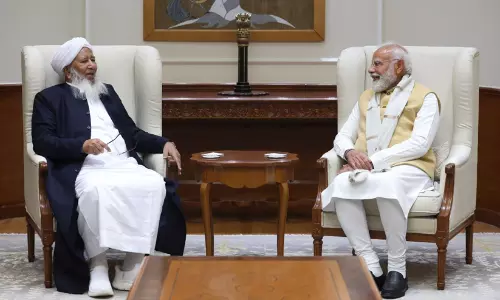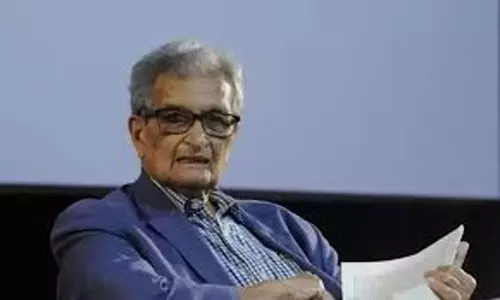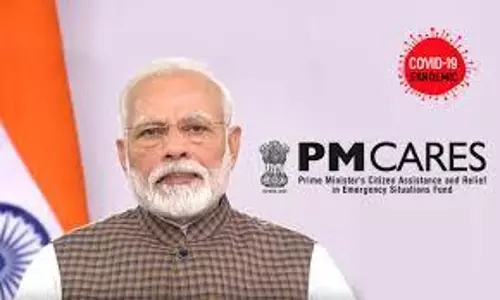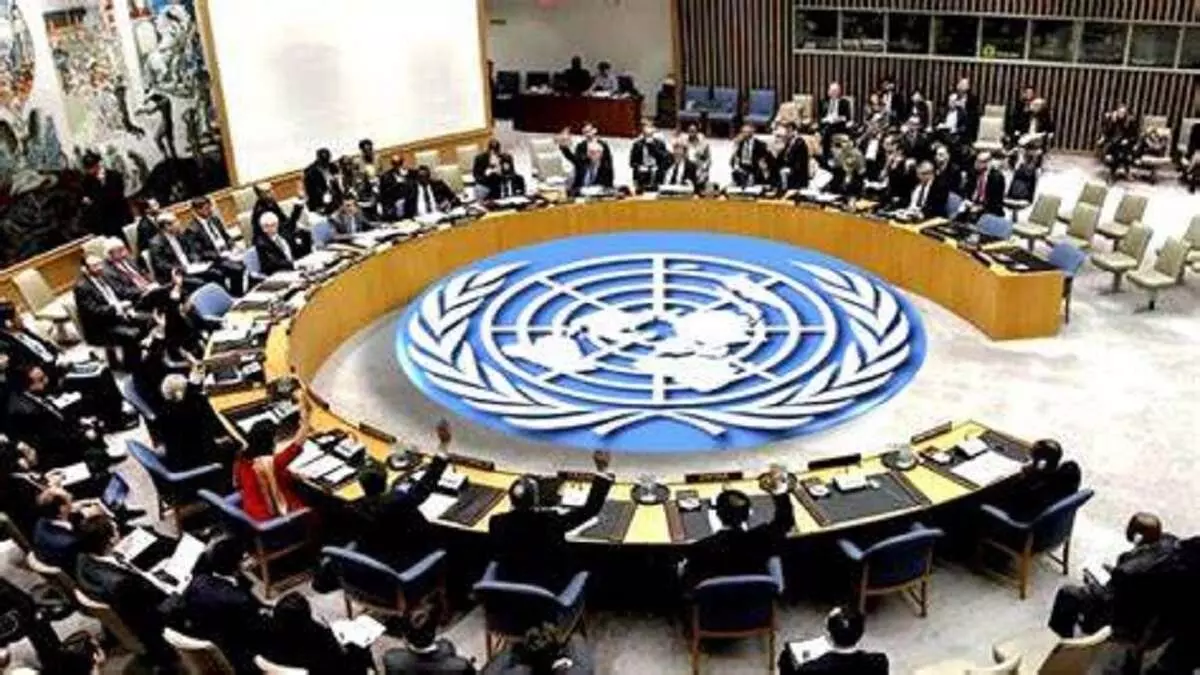
India emphasizes UNSC reforms by highlighting consensus in G20
text_fieldsUnited Nations: India pointed out that the Security Council reform is stuck despite consensus among more G20 summit representatives, due to the UN's “cold war” mode making it indecisive.
“We are all aware that issues on which the United Nations Security Council has failed to find consensus, have seen more progress and solutions outside,” India’s Permanent Representative Ruchira Kamboj said on Tuesday giving the example of the consensus, arrived at last year’s G20 summit presided over by Prime Minister Narendra Modi in New Delhi.
“Therefore, unless we change the composition of the permanent membership and make it reflective of today’s realities, diplomacy and dialogue will not get a real chance to find solutions to our challenges,” she said at the General Assembly meeting commemorating the second anniversary of its Veto Initiative that requires Security Council permanent members to explain before it their vetoes.
Because of the polarisation among the permanent members, the Council has not been able to act on the Ukraine War now in its third year.
But the G20 Summit of the major economies. where the adversaries at the Council also participated, reached a consensus on Ukraine declaring that “all states must refrain from the threat or use of force to seek territorial acquisition against the territorial integrity and sovereignty or political independence of any state” and that “the use or threat of use of nuclear weapons is inadmissible”.
The consensus was possible because of the G20’s broader membership and the equality of all the participating countries.
What was seen significant at the time of the Ukraine resolution was the concession of Russia in not objecting to the wording, but that was widely seen more as Russia's wish not to be seen as throwing a spanner in the works of the G20 Summit.
The Veto Initiative was adopted in a General Assembly resolution in 2022 as a reaction to the paralysis of the Security Council on Ukraine because of vetoes.
UN General Assembly President Dennis Francis said, “It is precisely for the reason of its state of paralysis that we must ramp up momentum for Security Council reform — reinvigorating the Council’s capacity to fulfill its responsibilities.”
“I thus strongly urge member states — especially those also members of the Council — to seize this debate as an opportunity to bridge divisions among themselves and seek impactful solutions by involving more the General Assembly,” he added.
The “dysfunctionality of the United Nations Security Council and the use of the veto” is not only because the veto is being used but also because of the “binary nature” of the Council’s membership, “which is not reflective of contemporary realities, and therefore ensures that the Council takes decisions in a vintage ‘cold war’ mode,” Kamboj said.
“Unless we change the composition of the permanent membership and make it reflective of today’s realities, diplomacy and dialogue will not get a real chance to find solutions to our challenges,” she added.
Kamboj said, “What is very clear today is that a majority of the member states, including most of those who were not even independent at the time of the drafting of the United Nations Charter, want reform and do not feel represented in the decisions of the United Nations Security Council.”
She took aim at the “hidden veto” that has stymied the process of reforming the Security Council which a majority of the member states want.
At the Intergovernmental Negotiations (IGN) for Council reform, a “minority of nay-sayers” are holding up the process by calling for a consensus before the negotiations and preventing the adoption of a negotiating text to move the discussions forward, she said.
Kamboj criticised the lack of transparency in the working of the Security Council and how it is used to disguise vetoes.
She gave the example of the Security Council’s Sanction Committee where members put “holds and blocks” on actions against terrorists without having to explain their actions.
China has frequently resorted to this manoeuvre to protect terrorists under Pakistan’s protection.
(Based on IANS feed)























